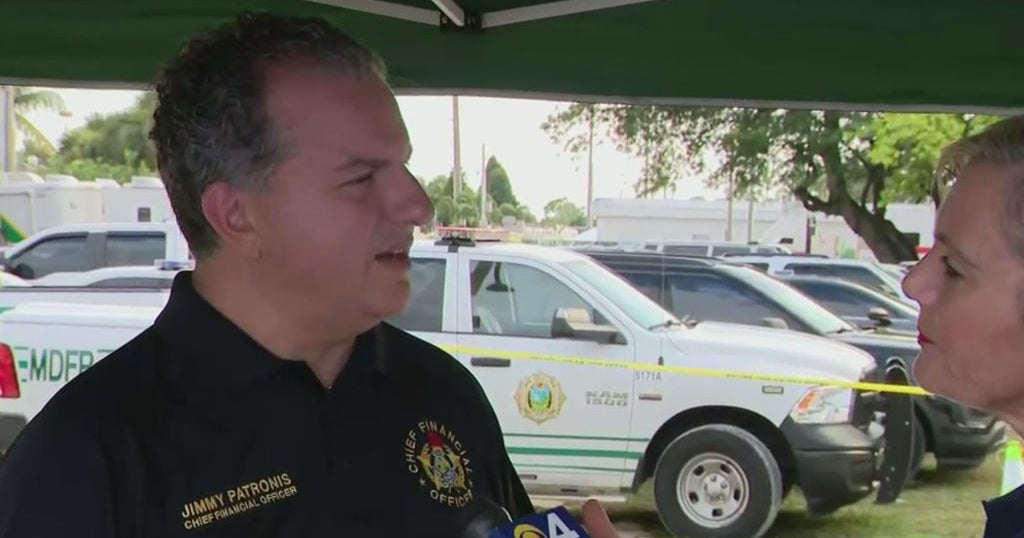Fla. High Court: Drug Dogs Must Prove Themselves
TALLAHASSEE (CBS4) -- Wading into a growing national controversy over the use of drug sniffing dogs, the Florida Supreme Court on Thursday ruled the state must come up with more than just a certificate of drug training to make a pooch's search pass the smell test.
In a 5-1 ruling the state's highest court said prosecutors who rely on a drug dog's sniffer to establish probable cause to search a suspect's vehicle must prove the dog has not only completed training but knows how to use its nose reliably in the field.
"We hold the fact that a drug-detection dog has been trained and certified to detect narcotics, standing alone, is not sufficient to demonstrate the reliability of the dog," Justice Barbara Pariente wrote for the majority.
Drug dogs have been controversial for years, despite a 2005 U.S. Supreme Court ruling that searches could be used in routine traffic stops to establish probable cause, a constitutional protection established over the years to prevent law enforcement officers from searching people without a reason to do so.
In 2009, the Texas attorney general placed a moratorium on their use after a series of searches erroneously tagged suspects who turned out to be innocent. Critics say dogs can take subtle, even unintentional cues from their handlers that prompt them to respond incorrectly during searches. Backers however, say properly trained dogs provide an invaluable tool in drug enforcement and forensic investigations.
Earlier this month, the Oregon Supreme Court ruled in a pair of cases that prosecutors must prove the dog's reliability when a police officer relies on the dog to conduct a search without a warrant. Like the Florida ruling, the Oregon court ruled that several factors must be weighed to determine reliability, including training and certification.
In his dissent Thursday, Florida Chief Justice Charles Canady said the majority is setting the bar too high for prosecutors to meet when using canines for searches. Probable cause exists, Canady wrote, when a reasonable person could conclude that a search may be warranted.
"The majority here, however, imposes evidentiary requirements which can readily be employed to ensure that the police rely on drug detection dogs only when the dogs are shown to be virtually infallible," Canady wrote.
(©2011 CBS Local Media, a division of CBS Radio Inc. All rights reserved. This material may not be published, broadcast, rewritten, or redistributed. The News Service of Florida contributed to this report.)



